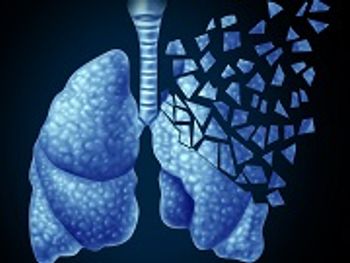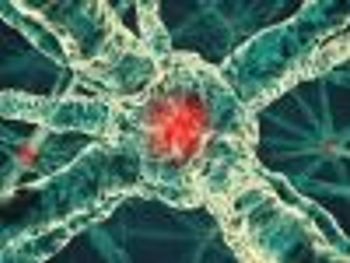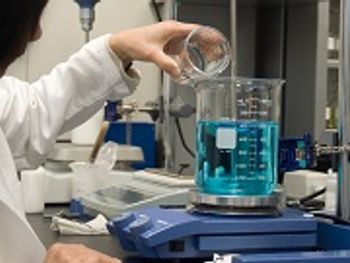
Researchers find mechanism that enables cells to migrate in a specific tissue.

Researchers find mechanism that enables cells to migrate in a specific tissue.

Researchers find cancer evolves in specific patterns that are predictable through the laws of nature.

Genetic modifications enhance local DNA repair and protection in cancer treatment.

Aggressive surgery to remove all cancer cells followed by targeted chemotherapy shows potential to significantly improve ovarian cancer survival.

Top news of the week in cancer drug development and research.

Tumors that over-express a specific oncogene may benefit from combination therapy regardless of cancer type.

New research may transform oncology drug development.

Researchers warn political interference may discourage shared decision-making in breast cancer treatment.

Use of exomes shield lung cancer drug from immune system defenses.

Researchers examine use of docetaxel in patients with castration-resistant metastatic prostate cancer following androgen-deprivation therapy.

Researchers examine use of docetaxel in patients with castration-resistant metastatic prostate cancer following androgen-deprivation therapy.

Use of exomes shield lung cancer drug from immune system defenses.

Researchers examine how genetic changes in breast cancer cells interfere with pathways critical to disease growth and survival.

Breakthrough cancer pain can be difficult for providers to measure.

Metformin decreased inflammation and scarring observed in more common pancreatic cancers.

Combination of diclofenac with chemotherapy and radiation may greatly improve treatment of cancer patients.

Combination of diclofenac with chemotherapy and radiation may greatly improve treatment of cancer patients.

Cheese contains a natural food preservative, nisin, which can destroy cancer cells.

Large geographic disparities exist in the likelihood of either being removed from the transplant list due to progressive disease or actually receiving a transplant.

Research examines long non-coding RNAs as biomarkers and therapeutic targets.

Top news of the week in cancer drug development and research.

PKN proteins are gaining recognition as drug targets for cancer research.

Tumor depth associated with the highest risk risk ratio of local recurrence.

Catch up with the latest developments across the health care landscape and sign up for key upcoming conferences.

Government announces plans to increase funding for cancer treatment research and development.

Multi-ingredient capsule funnels different ingredients through 2 parallel inner needles, which could enhance cancer treatment.

Discovery can help predict progression to metastatic cancer.

Test can better analyze the potential disease progression of skin cancer.

Study emphasizes need for long-term communication between physicians and patients regarding prostate cancer screening.